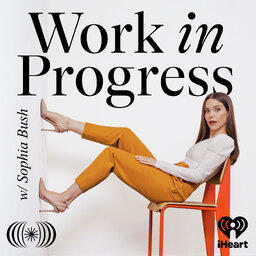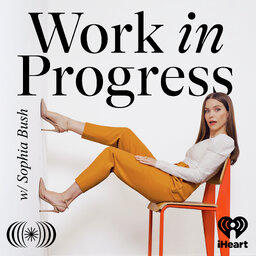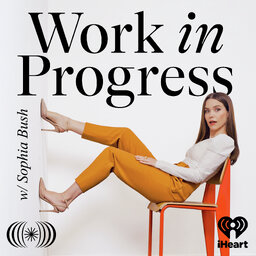Anita Hill is an activist, professor, and author most well-known for her incredibly brave testimony during the 1991 Supreme Court confirmation hearings. Anita joins Sophia on the podcast today to talk about how we can’t deal with the gender-based violence problem without dealing with racism, what we must do to reach equality, her personal evolution, her book Believing, and so much more.
Executive Producers: Sophia Bush & Rabbit Grin Productions
Associate Producers: Samantha Skelton & Mica Sangiacomo
Editor: Josh Windisch
Artwork by the Hoodzpah Sisters
This show is brought to you by Brilliant Anatomy
In 1 playlist(s)
Work in Progress with Sophia Bush
Work in Progress with Sophia Bush features frank, funny, personal, professional, and sometimes even …Social links
Follow podcast
Recent clips

Work in Progress: Mika Brzezinski
1:01:11

Work In Progress: Sophia answers fan questions
23:52

Work in Progress: Rory Uphold
1:07:05
 Work in Progress with Sophia Bush
Work in Progress with Sophia Bush